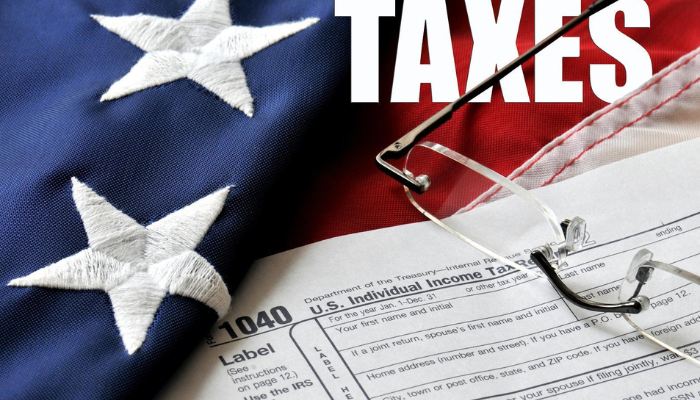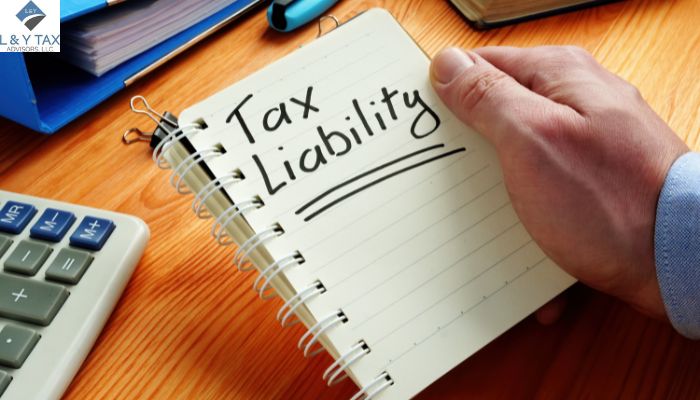
Why Is My State Tax Higher Than Federal?
Individuals and companies frequently wonder, “Why is my state tax higher than federal?” Many taxpayers question why their state tax is more significant than their federal tax. It mainly relates to how states and the federal government assess and collect taxes. State governments have different income demands and tax systems, including levies, deductions, and exemptions not in the federal tax law. Understanding the causes of this difference might help people manage their budgets and taxes.
What is the difference between State and Federal Taxes?
We mean “federal taxes” and “state taxes.” Defense, education, and public welfare are funded by federal taxation. However, state taxes support local infrastructure, social services, and education. Federal taxes cover the large picture, while state taxes address local requirements.

What Sets Them Apart?
Understanding state and federal taxes is crucial while negotiating taxation’s complexity. Our financial obligations and government income depend on these following points:
1. Taxable Income
State and federal taxes vary in taxable income. State tax authorities may define taxable income differently from the federal government. This may affect state tax obligations by altering income taxed.
2. Rates and Brackets
State tax rates and income tiers vary substantially. Some states have flat income taxes, while others have progressive tax bands. These changes may significantly affect individuals’ and companies’ tax burdens.
3. Credits and Deductions
Deductions and credits vary between state and federal taxes. States may give deductions and credits to lower people’s tax obligations. Understanding these state-specific incentives is essential for tax optimization.
4. Allocating Revenue
Tax revenue distribution is another difference—state taxes finance state programs, whereas federal taxes fund national ones. States may depend more on sales or property taxes to support local initiatives, which might affect tax rates.
Additional State Taxes
The additional levies that come with state taxes, such as property taxes, sales taxes, and even specific taxes like ‘sin taxes’ on things like alcohol and cigarettes, frequently surprise consumers. While the federal government taxes some income, states often have a greater choice of revenue sources, which might result in a higher tax burden.
Factors Contributing to Why is my state tax higher than federal?
Various variables might be why is my state tax higher than federal? Here are a few examples of common offenders:
- High Income and Low Federal Deductions: Federal taxes provide several deductions and credits not accessible at the state level.
- State-Specific Needs: States with high living expenses, costly social programs, or significant infrastructure projects often levy more outstanding taxes to support these activities.
- Various Tax Structures: As previously said, if your state has a flat tax structure and you make a lot of money, you may find yourself giving a more significant proportion to the state.
Taxes Professional Guidance
The tax system is complex. Keeping track of what you owe and why may be stressful for average Joes and company owners. This is where a professional income tax service may help. They can assist you in comprehending your circumstances, locate deductions, and contact a Tax Resolution Specialist and consultant if you’re in trouble with the IRS or your state’s tax agency.
Final Thoughts
Knowing why your state tax is more than your federal tax is the first step to becoming an educated taxpayer with a Tax resolution specialist & consultant. Knowing the difference between state and federal taxes helps you make better financial choices and prepare for state tax changes. Understanding how they function can help you manage this yearly task. Knowledge is power, and in taxes, it’s your best friend.


